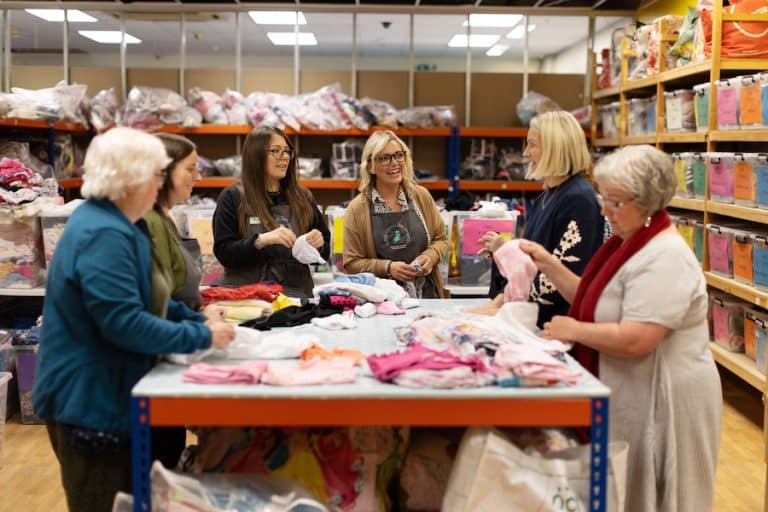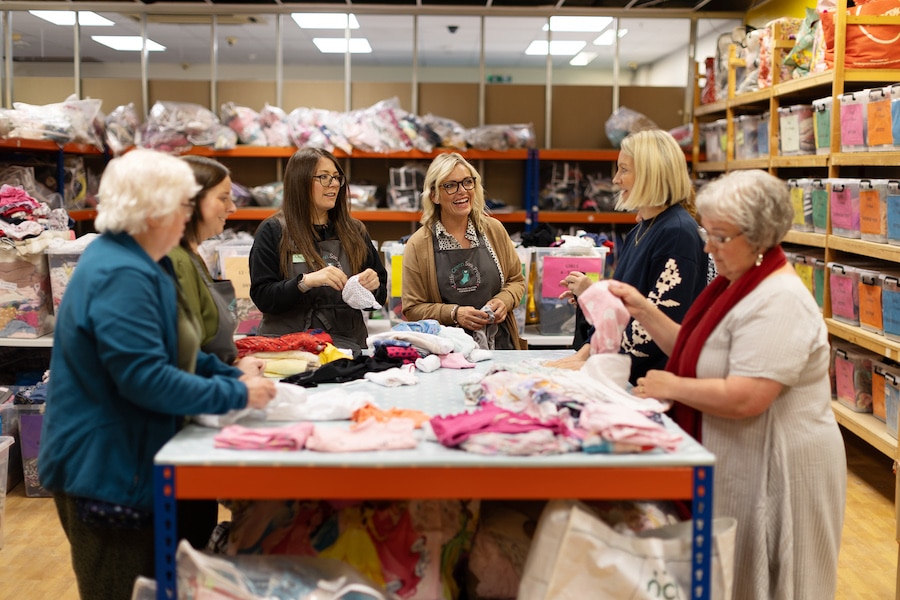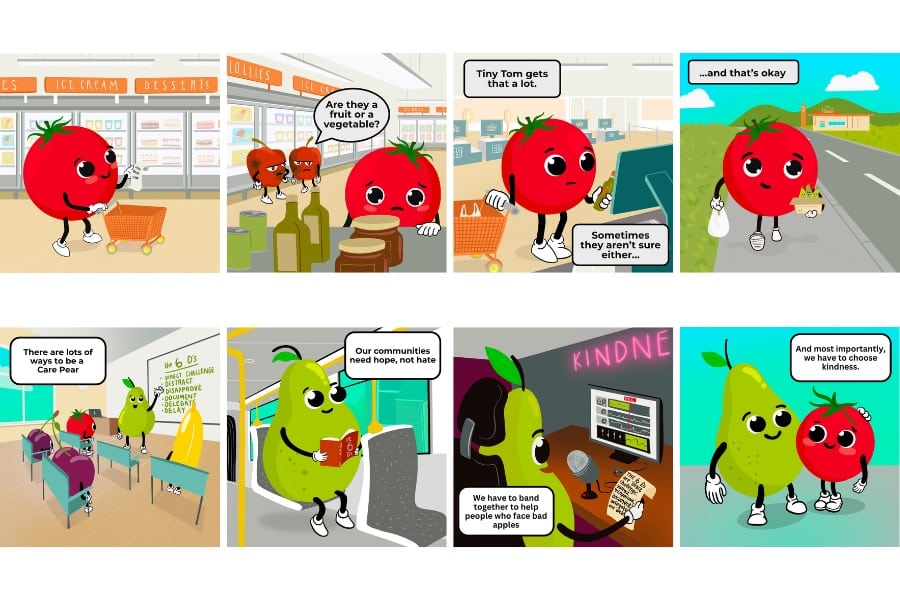How to live plastic-free in Manchester: a beginner’s guide
- Written by I Love MCR
- Last updated 5 years ago
- Civic, Community, Lifestyle

Corin Bell is a driving force for sustainability in Manchester. She was behind Real Junk Food Manchester, the city’s first waste food pay-as-you-feel restaurant, and is now director of waste food catering social enterprise Open Kitchen MCR. Here’s her beginner’s guide to plastic-free living in Manchester.
Kermit the Frog was right. It’s not easy being green.
Every decision we make – from how we travel to work, what to have for lunch, which cleaning products to buy, where we go on holiday and how we get there – has a huge impact on the planet. And it can be really tricky to know which option is best.
So the Plastic Free Greater Manchester Campaign has teamed up with I Love MCR to offer a bit of support on the issue of plastic-free living.
But first things first. Let’s get back to school and cover Sustainability 101.
Any work in sustainability relies on the principles of the waste hierarchy. I know, I know, sexy name right? But it’s a great framework to help you work out how to make the right choices. Basically what this means is, in order of priority:
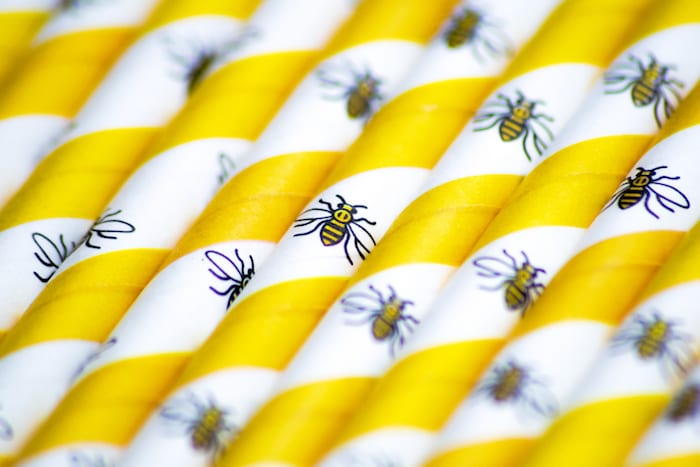
REDUCE – If in doubt, do without. This applies to things like drinking straws. Single-use plastic straws are very damaging to our planet. There are now a great range of 100% paper straws out there, but the most sustainable thing to do if you don’t need a straw, is to not use one at all. Simple.
REUSE – Want to help save the planet? Then go reusable. This applies to things like shopping bags, take-away coffee cups, water bottles, and even take-away food containers. Making more sustainable choices, particularly in food and drink, means buying good products that last, (remembering to carry them with us), and using them until they wear out.
RECYCLE & COMPOST – Choosing products that are easily and widely recycled or composted, and making the effort to recycle and separate waste properly at home, is an important part of the patchwork of sustainability, and it’s the part that most people are familiar with and taking some action on. But it’s nowhere near as sustainable as reducing our use, or going reusable.
Un-recyclable single-use plastic is a problem. But what we really need to do is reconsider the entire concept of “disposable”.
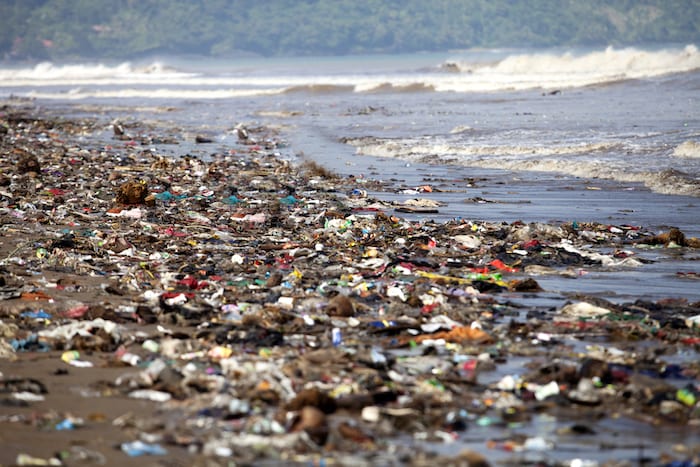
What is “disposable”?
We drag resources out of the ground (whether it’s oil to make plastic, or hacking down trees to make paper products), transport those raw materials to make a single-use product, transport that product in huge quantities to wherever it will be used (for it to be used once), and then transport all of the waste to be recycled, to start the process all over again.
There are nearly 8 billion of us on this planet. The point at which the earth could sustain the huge carbon footprint attached to “disposable” or single-use items is long past.
Products that are made from 100% (or at least some percentage) of recycled materials do tend to have a lower impact. And products that are 100% compostable will also tend to be better for the planet.
But there’s a huge gap between “recyclable” and actually getting recycled. Think about single-use water bottles. The type and grade of plastic means that they are “easily and widely recyclable” – and the label usually proudly states this.
But the fact that they tend to be consumed on the go means that a huge proportion of the empty bottles end up in on-street litter bins – which means they are going to landfill or incineration.
All of this means it’s critical that we focus our efforts at the top of the waste hierarchy – on reducing our use of things like drinking straws, and switching from single-use to reusable for as many products as we can.
So, let’s get on to the good news.
For us to save the world from climate change, we don’t need a small number of people doing it perfectly. We need billions of people doing a bit, and starting the journey towards plastic-free living.
Imagine the impact of 3 million of us in Greater Manchester making one switch from buying a single-use bottle of water to carrying a reusable water bottle and filling it up at the tap every day.
So where do I start?
There’s a few ways to begin the journey to plastic-free living, and it can be more manageable (and cheaper) to take one item or area of life at a time. Here are some areas to consider – and some resources to help.
Plastic-free on the go
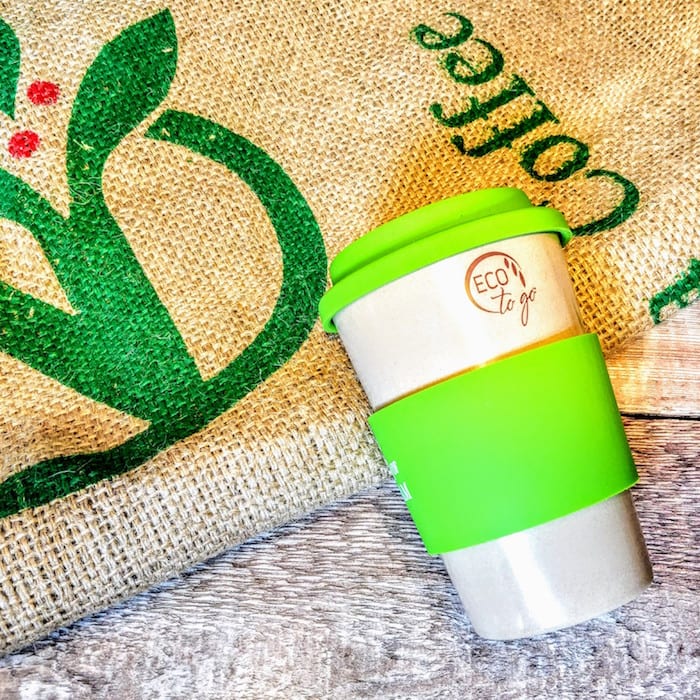
Fast food and eating and drinking on the go can mean a huge amount of plastic and single-use packaging, so your starter kit for a more sustainable life includes the following:
• Reusable water bottle – there are some very stylish water bottles on the market these days, made from materials including stainless steel, bamboo, and BPA-free plastic. Check out this article from Which comparing different materials, prices and styles.
• Reusable take-away coffee cup – it is suspected that Greater Manchester is responsible for chucking away 300,000 disposable coffee cups EVERY DAY. Because take-away coffee cups are lined with a plastic film, they cannot be easily recycled, and most go to incineration. So find a style that suits you, and be part of the solution. Bonus, most coffee shops now offer a discount to customers who bring their own cup – and in some places the reward is as much as 50p per drink.
• Reusable carrier bag – lightweight, rolls up to a teeny size, and easy to chuck in the bottom of your bag. There really is no excuse for getting into the habit of carrying a reusable bag, and getting out of the habit of taking a single-use plastic carrier bag with your shopping.
Great initiatives in Greater Manchester
As ever, Greater Manchester is leading the way in making sustainability easy, mainstream, and seriously cool. Here are some resources to help you make the switch to plastic-free;
The Good Life, Heaton Mersey – A packaging free shop selling a huge range of dried foods, tea, beer, beauty, baby and home essentials. All products are sourced as locally as possible, are plastic-free and have minimal to no packaging. Remember to take your own bags, tupperware containers, etc with you.
The LUSH Naked Store – It feels right that the UK’s first packaging free skin care and cosmetics store was opened in Manchester. Here you can buy shampoo bars, solid moisturiser and cleansing bars – basically, everything you need in the bathroom minus the plastic bottles.
M20 Refills – The UK’s first “milkman style” reusable bottle home delivery service. Pay a deposit for the bottles on your first order, and get your personal care and home cleaning products delivered right to your door in reusable containers that you can return. Sustainable and convenient. What more could you want?
Plentiful packaging-free shop – Based in Ramsbottom, Plentiful was the first packaging free shop to open in Greater Manchester, and has gone from strength to strength. The store boasts over 100 plastic free products and you can even order online.
And just because it’s a tricky nut to crack – and a question I get asked often – here’s a link to a fab article by wonderful zero waste campaigner Jen Gale (@sustainableish) on sustainable alternatives to clingfilm.
So why not make a start on your journey to plastic-free living and help make Greater Manchester a more sustainable place.
- This article was last updated 5 years ago.
- It was first published on 27 September 2019 and is subject to be updated from time to time. Please refresh or return to see the latest version.
Did we miss something? Let us know: [email protected]
Want to be the first to receive all the latest news stories, what’s on and events from the heart of Manchester? Sign up here.
Manchester is a successful city, but many people suffer. I Love Manchester helps raise awareness and funds to help improve the lives and prospects of people across Greater Manchester – and we can’t do it without your help. So please support us with what you can so we can continue to spread the love. Thank you in advance!
An email you’ll love. Subscribe to our newsletter to get the latest news stories delivered direct to your inbox.
Got a story worth sharing?
What’s the story? We are all ears when it comes to positive news and inspiring stories. You can send story ideas to [email protected]
While we can’t guarantee to publish everything, we will always consider any enquiry or idea that promotes:
- Independent new openings
- Human interest
- Not-for-profit organisations
- Community Interest Companies (CiCs) and projects
- Charities and charitable initiatives
- Affordability and offers saving people over 20%
For anything else, don’t hesitate to get in touch with us about advertorials (from £350+VAT) and advertising opportunities: [email protected]
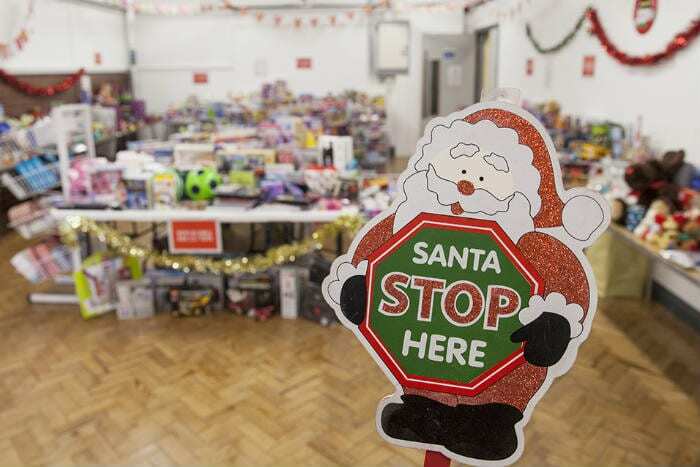
The very special toy shop where parents don’t pay a penny is open – and busier than ever
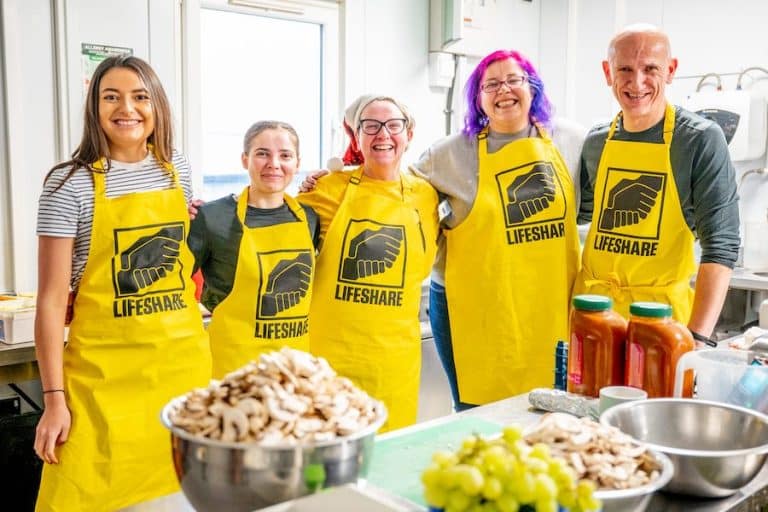
Manchester’s oldest homelessness charity celebrates 40 years of supporting the needy

Games, science and history collide at Manchester’s Science and Industry Museum this winter

Best bars and pubs to watch the football and live sport in Manchester
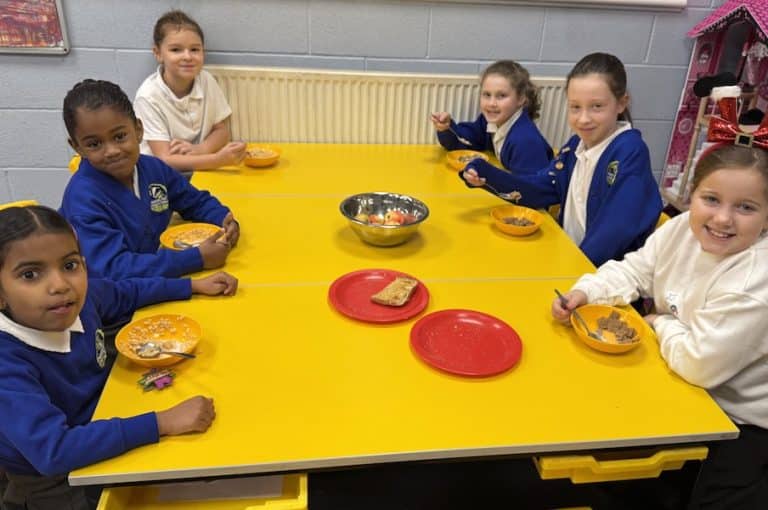
How Baguley Hall Primary School is nourishing minds with a morning Magic Breakfast
